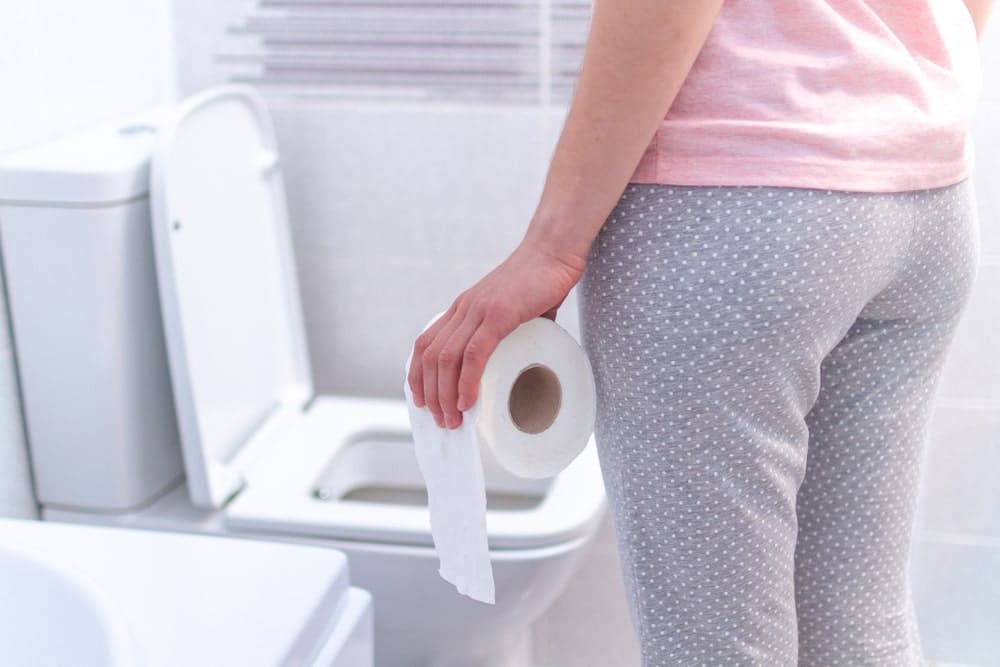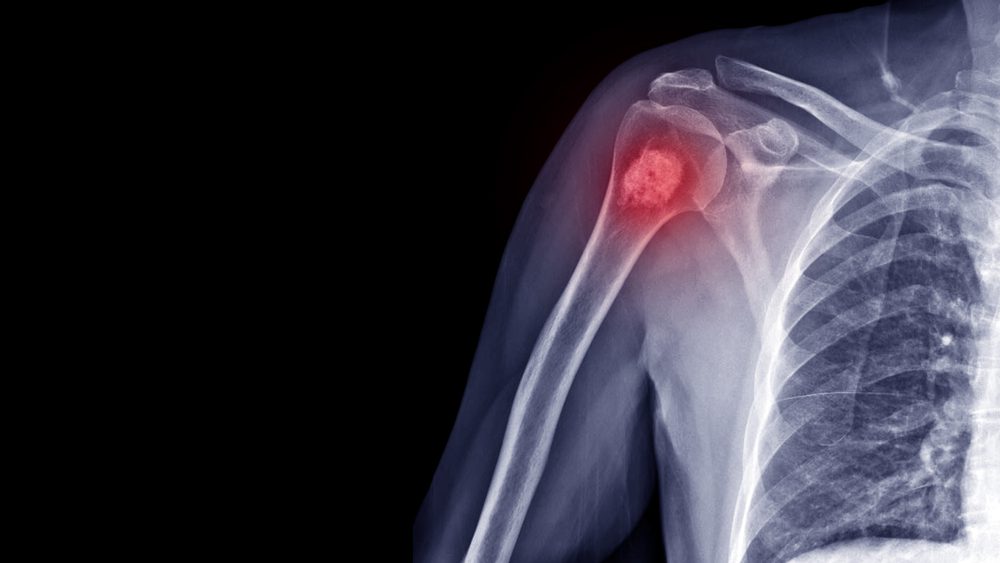Let’s get this straight: travel constipation is REAL and AWFUL!
Travel constipation is when you have trouble pooping like you normally do when you’re away from home. Changes in your normal routine can have an impact on the speed at which your digestive system does its job, causing you to become backed up.
Travel-related causes of constipation include lack of hydration, increased time spent sitting, changes in the foods you eat, changes in the size and timing of your meals, jet lag, changes to your internal body clock, and travel-related stress.
The good news is that you can avoid travel constipation. Here are some strategies worth trying so you can feel best wherever your plans take you!

1. Try to stay on schedule
Many people have a sense of an inner body clock that determines routine life patterns about sleep, hunger, and bathroom needs. Keeping your body on a schedule that is similar to the one you have when you’re home may help your bowels move predictably when you travel.
This being said, to the best of your ability, aim to keep your regular meal schedule and bedtime to prevent travel constipation. Whenever possible, try to ensure that there’s time for a relaxed bathroom visit when traveling, an experience that should be as close to the unpressured one at home.
It will make a huge difference!
2. Drink plenty of water
One of the biggest factors contributing to travel constipation is dehydration. When your body doesn’t receive enough fluids, it compensates by taking water from fecal matter in the intestines. This can result in hard, difficult-to-pass stools, making the bowels less responsive and reducing motility.
When trying to prevent travel constipation, it’s important to make a conscious effort to drink lots of fluids. Try to avoid beverages containing alcohol as well as those with caffeine, such as coffee, colas, and tea, as all of these can be dehydrating.
You may be surprised to learn that milk also has a reputation for triggering constipation. In other words, your best drink choices are plain water, fruit juices, and clear soups.
Another thing to keep in mind is that, when traveling, especially when it’s abroad, you should always drink bottled water to avoid the opposite issue—travelers’ diarrhea.
3. Eat a good breakfast
For many people, bowel movements are more likely to happen in the morning. You can maximize this natural boost and prevent travel constipation by having a large breakfast, preferably eating foods that contain healthy fats.
According to experts, large meals and dietary fat intake can both help your body produce certain hormones that can trigger the urge to go to the bathroom. Sticking to your morning routine can help you enjoy your vacation for the rest of the day.
4. Take time for meals
Many people who travel have their meals on the go. The issue is that your digestive system may not be able to register these on-the-go snacks as a meal.
As mentioned above, larger meals can stimulate gut contractions, therefore prompting a timely bowel movement. This being said, whenever possible, sit down, slow down for 30 minutes, and enjoy a full meal.
Read on to discover other ways to prevent travel constipation!

5. Listen to your body
Try to use the bathroom as soon as you feel the urge for a bowel movement. Ignoring the need “to go” and holding your poop can lead to travel constipation as the stool matter stays in your rectum and gets harder. Basically, the harder the stool, the harder it is to pass.
If you’re uncomfortable using a public restroom for a bowel movement, try reading a magazine or listening to music through earphones to help you relax.
Also, try not to strain. If you’ve been sitting on the toilet for more than 10 minutes and nothing happens, it’s best to get up and wait to try again later.
6. Eat plenty of fiber
Dietary fiber is extremely important to keep your bowels moving consistently so you can keep constipation at bay. Consuming fiber-rich foods when traveling can be a bit of a challenge, but with attention and effort, you can find what you need.
Great sources of fiber include vegetables, fruits, and whole-grain breads and cereals. Whenever possible, it may help to pack such food items for yourself.
When traveling abroad, be cautious when it comes to eating raw fruits, vegetables, and salads to avoid bacterial infections that can cause diarrhea. It’s safer to eat only cooked vegetables and fruits. Fruits with thick skins you can peel for yourself are also a good and safe option.
7. Drink something warm
Another way to avoid travel constipation and encourage your bowels to empty at the start of your day is to drink a warm liquid in the morning. Whether it’s tea, coffee, or soup, make sure you have it in the first part of the day.
If you’re a coffee drinker, have that morning shot of coffee. There are certain compounds in coffee, both caffeinated and decaffeinated, that can boost bowel movements. However, you may want to avoid consuming caffeinated drinks throughout the rest of the day because caffeine can be dehydrating. This could lead to water being drawn from your stool, which may trigger travel constipation.
8. Consider probiotics before your trip
It couldn’t hurt to eat yogurt with live culture or take a probiotic supplement before you hit the road. While more research on the effectiveness of probiotics in preventing constipation is necessary, several studies confirm the theory.
For best results, get into the habit of consuming probiotics for at least a couple of days before you leave home and continue throughout your vacation. Here are some options to choose from, but make sure to check in with your doctor before taking any.
Additionally, you can consider supplements containing psyllium and pectin, which are known to help with constipation. However, remember that the Food and Drug Administration minimally regulates supplements, which may or may not be suitable for you.
Supplements can interact with any medications you’re taking, so talk to your doctor before you start taking any.

9. Move your body
Oftentimes, travel requires a lot of sitting, whether that be in the car, at airports, on airplanes, or trains. Moving your body can help your digestive tract keep moving as well, which will prevent travel constipation.
For instance, while waiting for your flight, you walk the perimeter of the airport. If you’re traveling by car, try to plan for several road stops so that you can stretch your muscles and perhaps do a little walking.
Also, use hotel gyms and pools to keep up your exercise routine.
10. Take a pass on junk food
People are more tempted to eat junk food while traveling for two reasons. The first is that healthy, whole-food options are more limited. The second is the “vacation mindset” that leads people to consume things they might normally limit or avoid.
Junk food usually tends to be low in fiber, which can contribute to the issue of travel constipation. Try to avoid processed meats, fast food, baked goods, and chips.
Instead, look for lean meats, salads, and whole-grain options like oatmeal. Yogurt is an especially great choice as it contains some probiotics that may enhance your digestive system’s function.
If you liked our article on travel constipation, you may also want to read 12 Natural Remedies That Reduce Constipation.

























